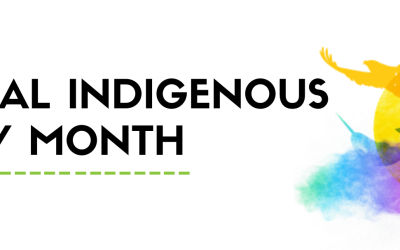Executive Summary

The Aboriginal Governance Index is intended to provide Manitoba, Saskatchewan and Alberta First Nations with a convenient benchmark with which individual bands can measure their progress in developing high-performance governance institutions. The performance of each First Nation is evaluated by a survey that our research assistants conduct with local residents. We hope individual band members can benefit from the information. Knowing where their band government places can be a source of empowerment for individuals. They can use this information to encourage their communities to adopt better institutions of governance. (The survey questions are included in this report.)
Each band’s overall ranking is based on a weighted composite of scores that evaluate five broad areas of good governance. The dimensions of good governance that are evaluated in this report are:
• Elections – How fair and impartial are votes for leaders?
• Administration – How effectively is the band’s business conducted?
• Human Rights – How much regard is assigned to basic rights?
• Transparency – How well informed are citizens about government?
• Economy – How well is the community providing economic development?
While several of the bands that earned top scores last year once again landed near the top of this year’s index, there were also some surprises, with several new bands performing very well. In Manitoba, we had Sapotaweyak Cree Nation, Mosakahiken Cree Nation and Cross Lake First Nation in the top three spots. For Saskatchewan, the top three were Ochapowace First Nation, Muscowpetung Saulteaux First Nation and Saulteaux First Nation. Alberta’s top three bands were O’Chiese First Nation, Paul First Nation and Siksika Nation.
The results confirmed several statistical connections that we have observed in previous AGI studies. Category scores tend to be correlated with each other. In other words, high performance in one category tends to predict good results in other categories.
While confidence in election systems continues to improve, there are still problems associated with administration, as many members still think that politics is interfering with administration and good policymaking. A lack of transparency also remains a problem in many communities.
This year’s report includes a new section on proven best practices. In it, we provide helpful tips on how to separate band politics from administration, business, and service delivery as well as help First Nation governments be as transparent as they can be. Some of the ideas include:
• Promoting the development of independent media within the community;
• Posting all essential financial and electoral information on band web sites;
• Implementing policies that ensure most band council meetings are held on-reserve;
• Establishing an independent official to resolve disputes;
• Implementing policies that separate business or program managers from the chief and council.
View entire PDF (46 Pages)
 The Aboriginal Governance Index is intended to provide Manitoba, Saskatchewan and Alberta First Nations with a convenient benchmark with which individual bands can measure their progress in developing high-performance governance institutions. The performance of each First Nation is evaluated by a survey that our research assistants conduct with local residents. We hope individual band members can benefit from the information. Knowing where their band government places can be a source of empowerment for individuals. They can use this information to encourage their communities to adopt better institutions of governance. (The survey questions are included in this report.)
The Aboriginal Governance Index is intended to provide Manitoba, Saskatchewan and Alberta First Nations with a convenient benchmark with which individual bands can measure their progress in developing high-performance governance institutions. The performance of each First Nation is evaluated by a survey that our research assistants conduct with local residents. We hope individual band members can benefit from the information. Knowing where their band government places can be a source of empowerment for individuals. They can use this information to encourage their communities to adopt better institutions of governance. (The survey questions are included in this report.)

